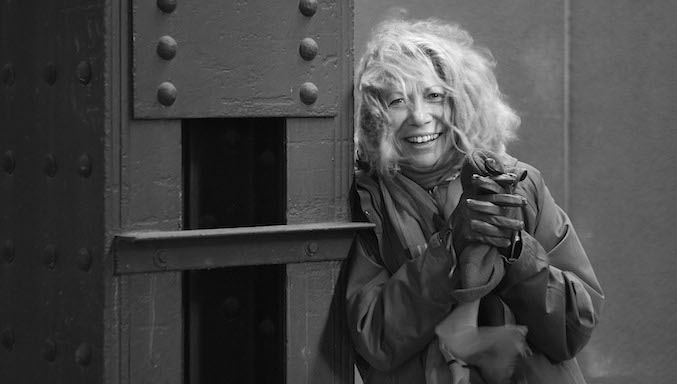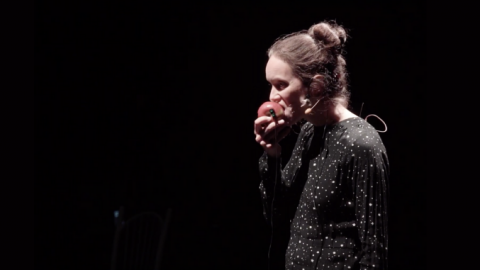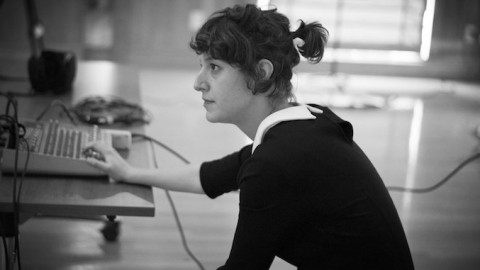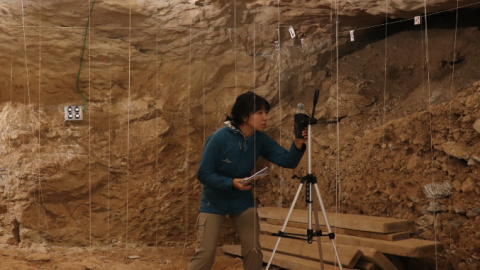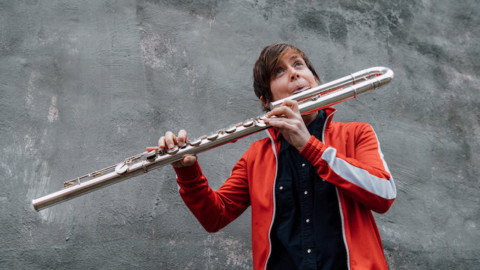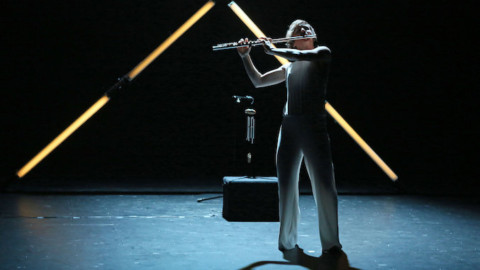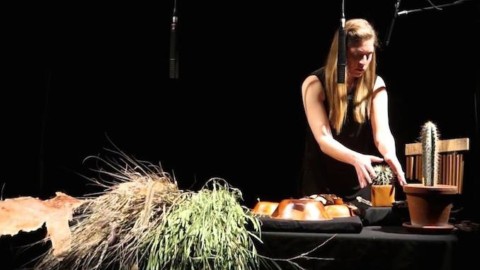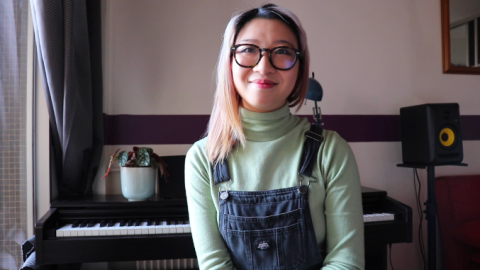Born and raised in South Dakota, Robyn Schulkowsky has been an innovator and collaborator throughout her life. She has dedicated herself to revealing the wonders of percussion to people around the world. Her continuous exploration of new sound dimensions has led to the development of new and unusual musical instruments.
An active musician on five continents, Robyn moved to Germany during a heyday of experimental and adventurous classical composition. She has premiered and recorded some of the most important solo percussion works of the 20th and 21st centuries, working with composers Karlheinz Stockhausen, Iannis Xenakis, and Morton Feldman, presenting their works on tours in Africa, India, Asia, the USA, South America and Mexico. Her solo and concerto performances with music by John Cage, Helmuth Lachenmann, and Olga Neuwirth have been presented at festivals like The Proms, Salzburger Festspiel, Musikfest Berlin, Holland Festival, to name a few.
In her Online Masterclass series for Sounds Unheard, ‘Musical Integrity’, Robyn takes a close look at the roles space, location, time and truth play in musical interpretation. We’ll be focusing on two particularly renowned twentieth-century artists who Robyn has worked closely with over the course of her astounding career: the American composers and musical innovators John Cage and Christian Wolff.
In this first episode, ‘Space and Place’, Robyn asks, “what do we need to be able to listen, communicate and feel with each other?” This episode also includes a performance of an excerpt from ‘Quartet’, a movement from Wolff’s larger percussion work ‘Merce’.
Quartet Instructions:
Each player chooses 7 sound sources (to be struck), in ascending order of resonance (1 lowest resonance, 7 highest); range of resonance may vary (ie. 7 needn’t be the most resonant sound imaginable) but the average range among the four players should be more or less similar. The duration of each sound = the time it takes for the sound to die out completely; lines between numbers = legato (within one part) or hocket (between two parts), that is, play the next sound after the first is struck as soon as you no longer hear the first sound. Wedges (^) mark a pause, silence, of free (indefinite) duration. Where no dynamics are indicated they are free (and will, of course, affect duration).
The pairs of players (1 & 2, 3 & 4) proceed independently, except that each section (A, B, C, D) should be started more or less together. Repeats of A & B are optional, but not of D.
Join us next Wednesday for part two of this masterclass series, where Robyn discusses time, sound and John Cage’s fascinating piece ‘Water Walk’. To learn more about Robyn, please visit the website for her duo with drummer Joey Baron.
With thanks to our Online Masterclass partners Pughouse Studios.

